|
The Pet Health Journal: A 6 Month Journal For Medications, Exams, & Healthy Living was officially published this week! We're so excited to share this work book with you and hope you get a chance to see it in person. If you live near Ashley or Yvonne, you've probably seen the proof copies because we've been carrying them around everywhere with us the last few weeks!!! If you'd like a journal of your very own, visit Amazon and grab a copy today! We'll be setting up with additional online retailers in the next week or so, so keep a look out for the Pet Health Journal at your favorite retailer. We are also making the Pet Health Journal available for wholesale to veterinary clinics and hospitals, so if you think your veterinarian might want to carry it have them send us an email at [email protected] and we'll get them set up. Thank you!We want to give a big thank you to everyone who helped get the Pet Health Journal finished. We hope this journal helps pets and their families live a happier, healthier life together. Sincerely,
Comments
What is the Pancreas?The pancreas is a small organ that sits just below the stomach, tucked into a bend in the small intestine. It is an accessory organ of the gastrointestinal system and has both endocrine and exocrine properties.
Exocrine means the body uses series of ducts to excrete things outside of the body, like sweat. Endocrine means the body secretes hormones directly into the blood stream, like insulin. We're so excited to start 2019 with big plans for the year. Thank you for joining us since we launched in August. We hope the information we're providing is helping you and your family live happier, healthier lives. What we accomplished in 20182018 was a learning year for IMFPP. We launched the website in August and since then have been working hard at creating weekly blog posts as well as creating the disease pages. Our weekly blog post has been a place of pride for us. We're working hard to ensure it is released every Thursday morning and has the highest quality information. We've had some amazing contributing authors and plan to keep bringing you the best we can. Currently the pages that have the most information are the urinary, endocrine, liver, hematology, and immunology. These pages are not 100% complete, but most of the basics are there. As we continue to grow, these pages will continue to be fleshed out. We're excited to have grown our newsletter list to over 100 subscribers! Everyone on our list got a copy of our Weekly Treatment Tracker and we've heard great feedback on it. Thank you so much to everyone that's joined us so far. If you'd like to join here's the link: Subscribe Now! In the background we've been working on the nitty-gritty details to set up our business for the growth we have planned in the future. Plans for 2019The holidays stress us all out, including our pets
As a pet parent, experiencing the anxiety and helplessness of having a sick pet is scary. Having a diagnosis is a welcome relief. But, when your pet has been diagnosed with Addison’s disease (an endocrine condition where the body is unable, or ineffectively produces vital hormones) you learn it's going to be a lifetime commitment.
Most pets go on to live a long, fulfilling life, dependent on receiving the medicine they need and avoiding stressful situations. Because stress is the biologic trigger for Addison’s disease to reoccur. In healthy animals, stress triggers the release of cortisol from the adrenal glands to help the body respond. In the case of Addison's disease the body doesn't have the ability to adapt to challenges and the demands of the body are unmet. Your veterinarian likely prescribed a medication, or a combination of medications, such as Florinef (fludrocortisone), or Percorten-V (desoxycorticosteronepivalate DOCP) which are long-acting medications given intermittently as an injection. Most commonly, prednisone is prescribed as a daily oral steroid medication for the treatment of Addison’s disease. The dose is typically much lower to meet the biological needs of these pets. Who can get Addison's Disease?Animals get diabetes too?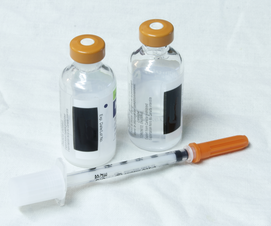 Yup, dogs and cats can develop diabetes. In this post we'll be discussing the basics of diabetes, the diagnosis, and how to manage it. More complicated diabetes will be covered in a future post. Diabetes, or Diabetes Mellitus to be specific, is a condition in which the pancreas no longer makes enough of the hormone insulin for proper health. Insulin is a hormone essential for the body to efficiently use carbohydrates, fats, and proteins. Another essential function of insulin is efficient use of glucose, the body's energy source. When there is not enough insulin in the body, glucose isn't used properly so body cells starve and the glucose leaves the body through urine. Starving cells need some sort of energy, so if glucose isn't available muscle and fat can be used, which is not healthy and leads to quick weight loss and other metabolic issues. Glucose leaving in the urine causes water to leave quicker too causing extreme thirst and urination. How would I know if my pet has diabetes?There are some clinical signs, or symptoms, you may notice at home. Extreme thirst and urination is definitely something to let your veterinarian know about. There are several reason for this to happen and diabetes is one of them. A pet that is always hungry can also be a warning sign. Since the body is not using glucose properly it feels hungry. Loosing weight is also a red flag. Sudden, extreme weight loss without a decreased appetite can indicate diabetes.
Here's a good info-graphic from Vetsulin to see if your pet is experiencing symptoms of diabetes. |

Ready to Work Together?
Thank you!You have successfully joined our subscriber list. This website is NOT a substitute for veterinary care with a veterinarian. We recommend you follow the advice and treatment plan as prescribed by your veterinarian, and only after discussing anything found on this website with your veterinarian, with their approval, implementing advice found here.
Most of the information on this site is free for you to read, watch or listen to, but Internal Medicine for Pet Parents is also a business. So please expect hyperlinks to be affiliate links in many cases, where we receive a small percentage of sales if you wish to purchase. We only recommend tools, books and services that we use, or people we know personally. Integrity and authenticity continue to be of the highest importance to us. Read the privacy policy here. We hope you find the site useful! Thanks – Yvonne and Ashley Check us out on Facebook!
Categories
All
Archives
October 2019
|

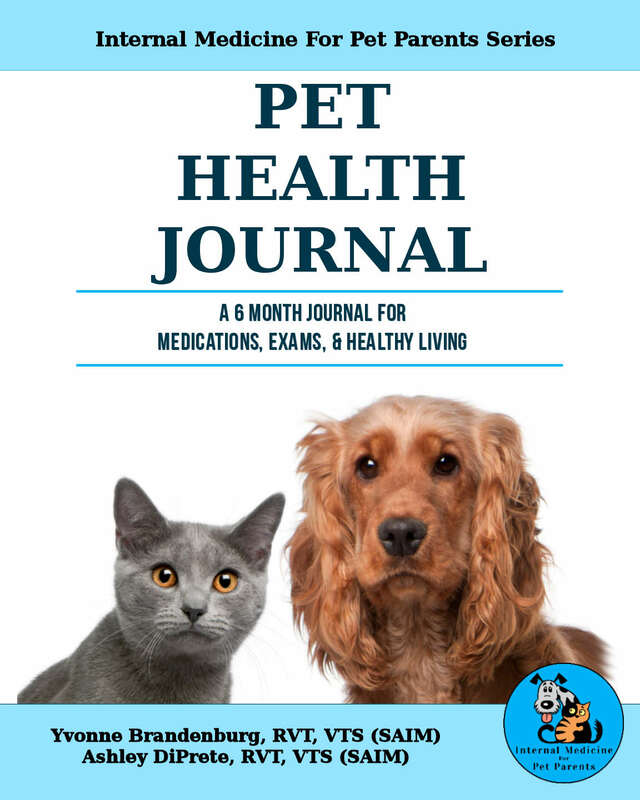

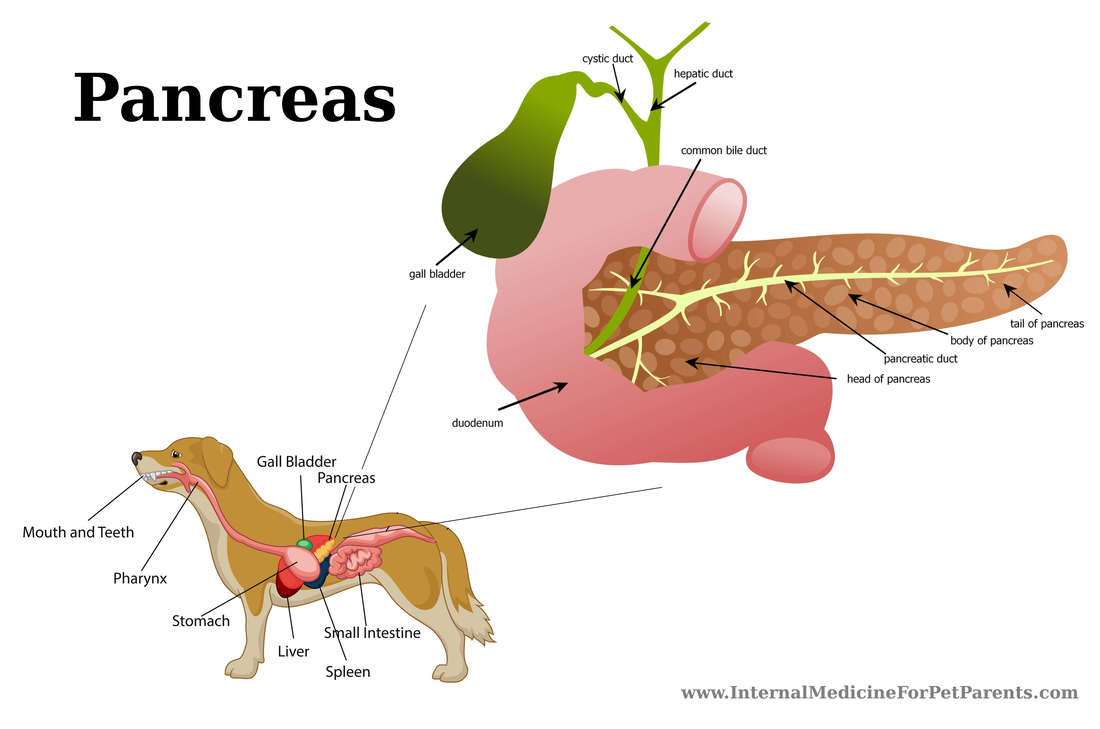


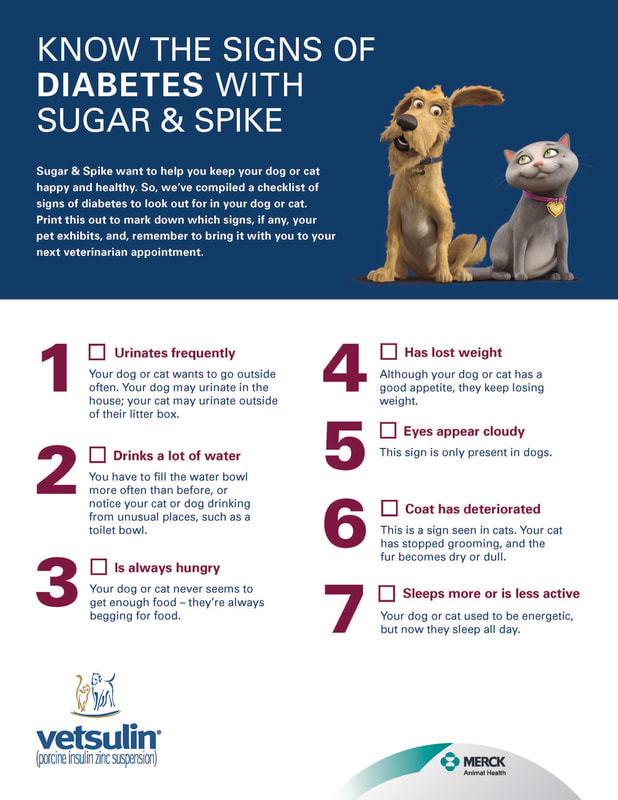
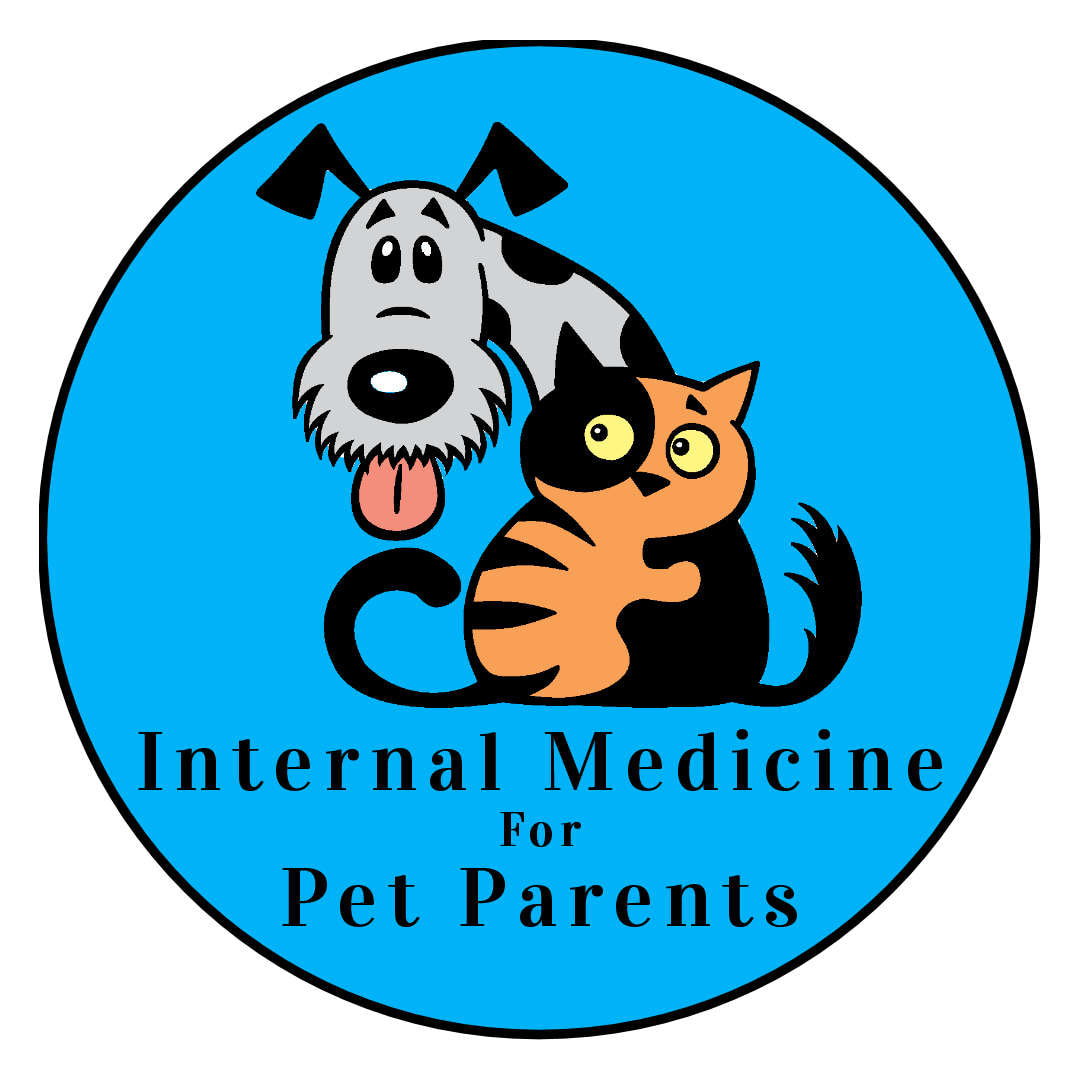
 RSS Feed
RSS Feed